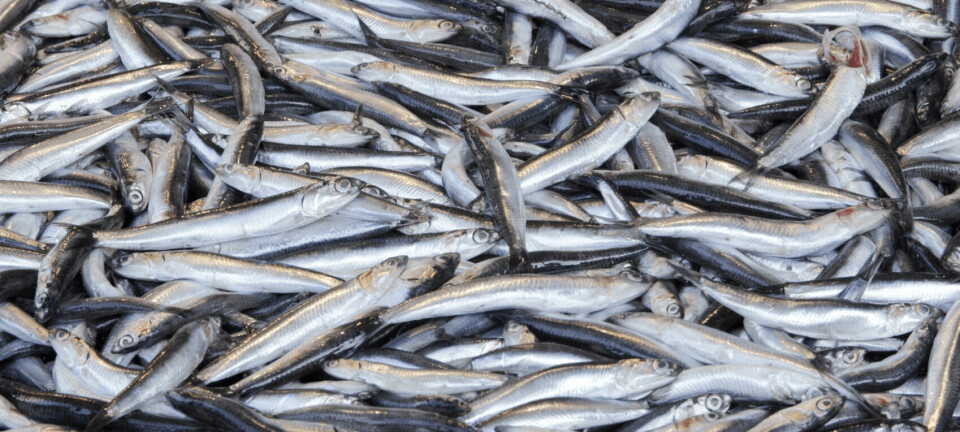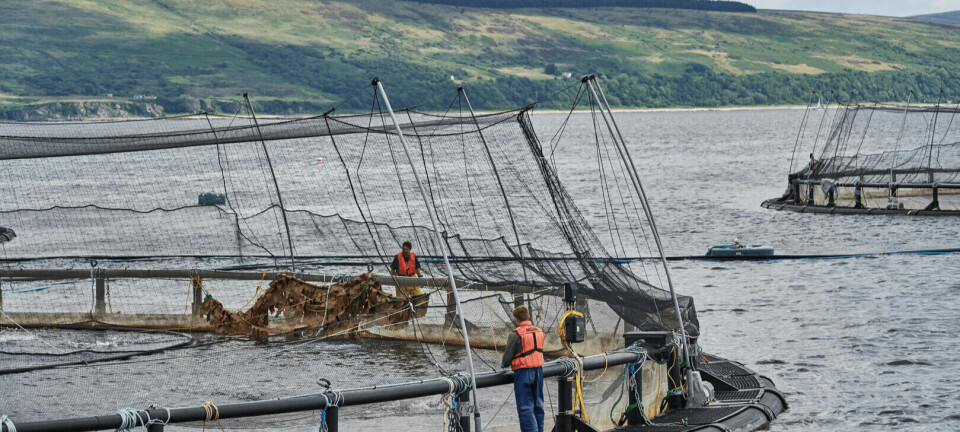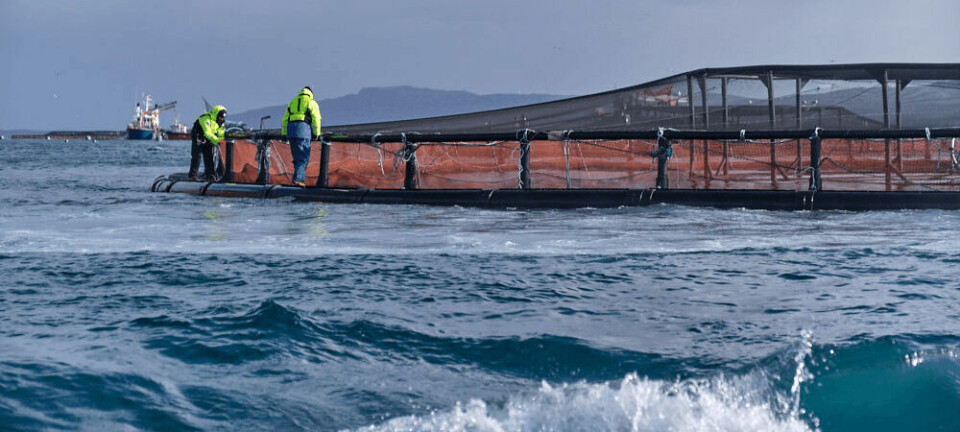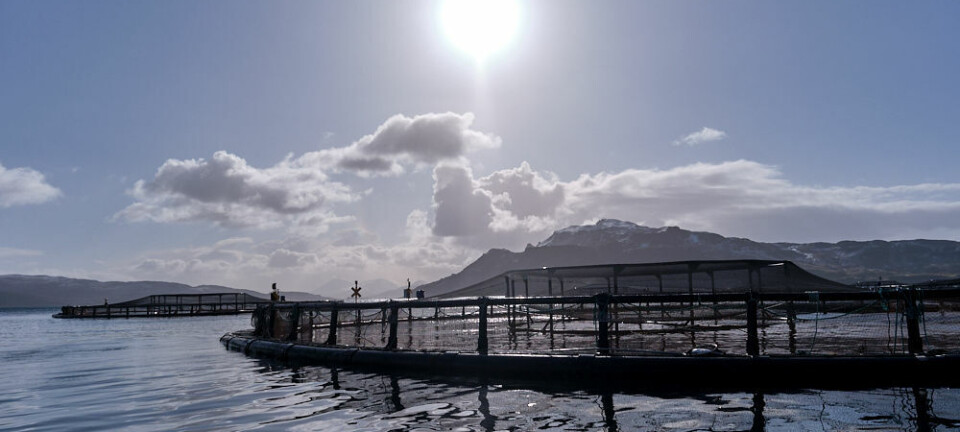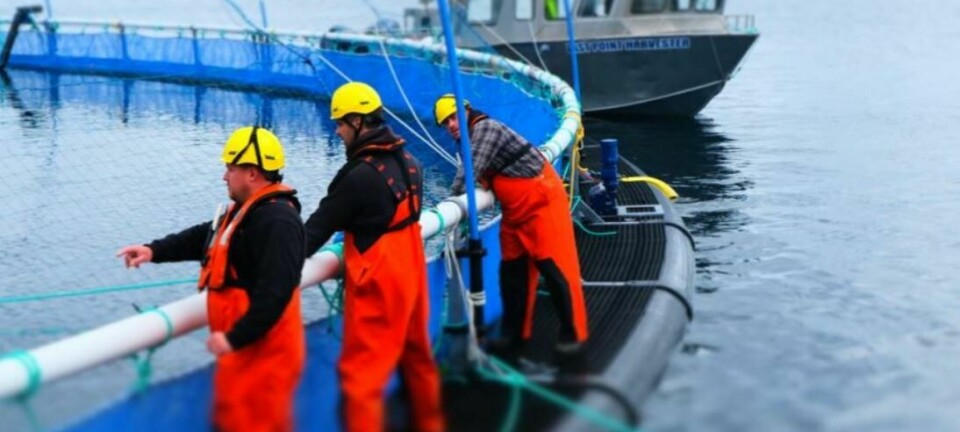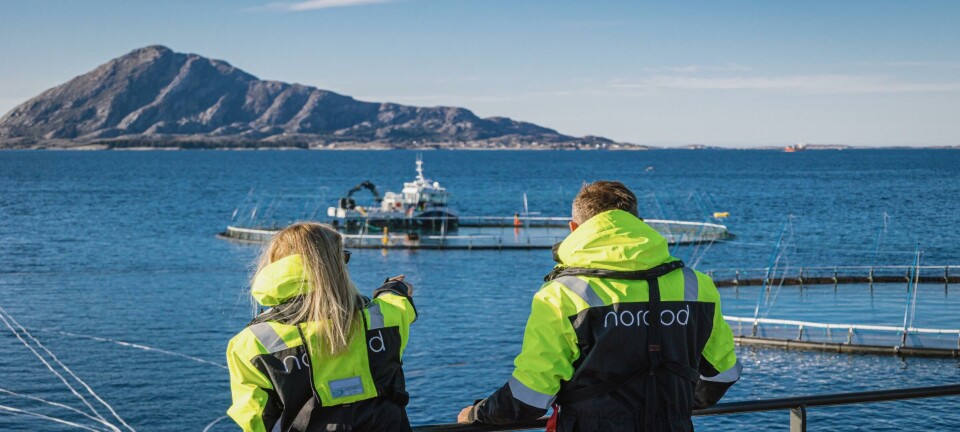
Biomar appeal rejected by the Supreme Court of Norway
After suffering consecutive losses in previous judicial authorities, the Supreme Court has thrown out the appeal from Biomar. The feed producer must now pay SuperSmolt patent holder STIM.
The lengthy dispute between STIM and Biomar is over, following a unanimous decision by the Supreme Court’s Appeals Selection Committee. The ruling from Borgarting Court of Appeal stands, where Biomar was ruled to have infringed on the SuperSmolt patents as well as breached the business code of conduct. The company must pay well over NOK 36 million in compensations and legal costs to STIM.
- We are happy that this case is now concluded with the correct result. Additionally, it has provided some important judicial clarifications, especially regarding indirect patent infringement, which will be of significance for future cases, says Ida Espolin Johnson, attorney for STIM.
Indirect patent infringement implies legal responsibility for delivering a product that enables the customer to exploit an invention under patent protection. Biomar is ruled to have infringed both directly and indirectly on the patents.
- Satisfied, but not surprised
The question of Biomar breaching the business code of conduct was an important count in the now binding sentence of Borgarting Court of Appeal. The ruling states that Biomar developed its smoltification feed “in a way that was not commonly accepted in the industry and contrary to considerations of sound competition” (STIM’s translation). This count was excluded from Biomar’s appeal to the Supreme Court.
STIM launched SuperSmolt FeedOnly in 2015, at a time when faulty smoltification was one of the biggest causes of fish mortality in the salmon industry.
During the court process, Biomar has referred to the existence of traditional salt feeds for seawater acclimation as an argument for rendering the SuperSmolt patents invalid. All judicial authorities have rejected the argument, stating “the method that the patent states, contributes to smoltification, prevents desmoltification, provides low mortality and good growth performance both in freshwater and seawater” (STIM’s translation).
- I am satisfied but of course not surprised by the Supreme Court rejecting Biomar’s appeal. Most of all I am happy that we finally can put this case behind us and focus fully on new innovations and solutions that can benefit the industry, says STIM CEO Jim-Roger Nordly.







